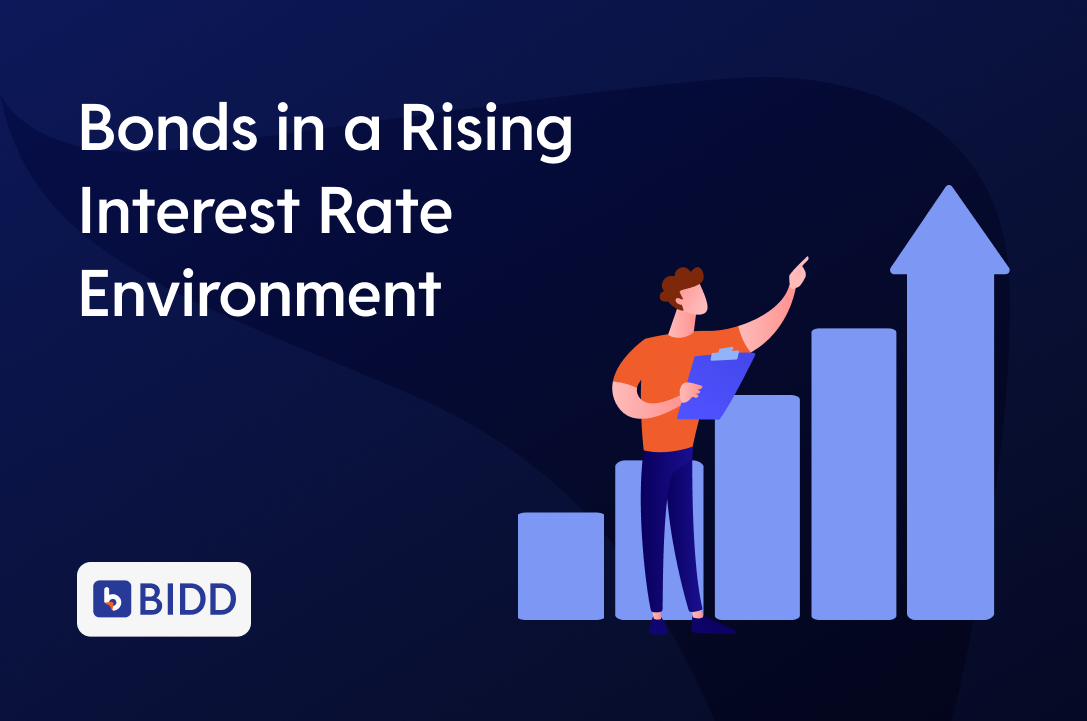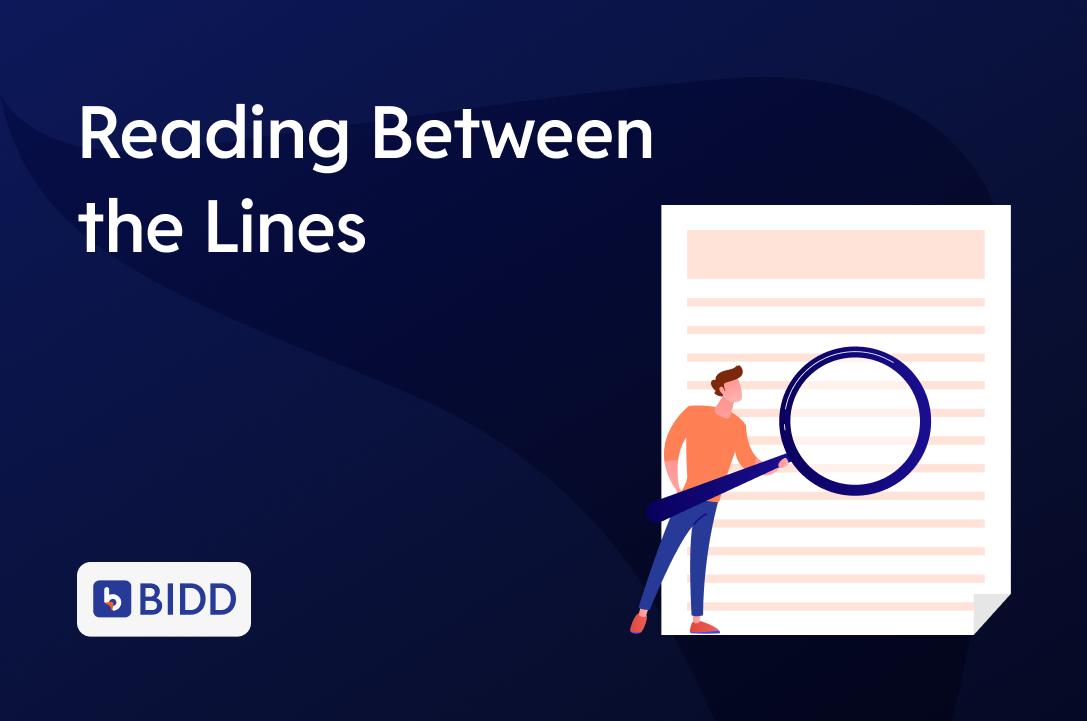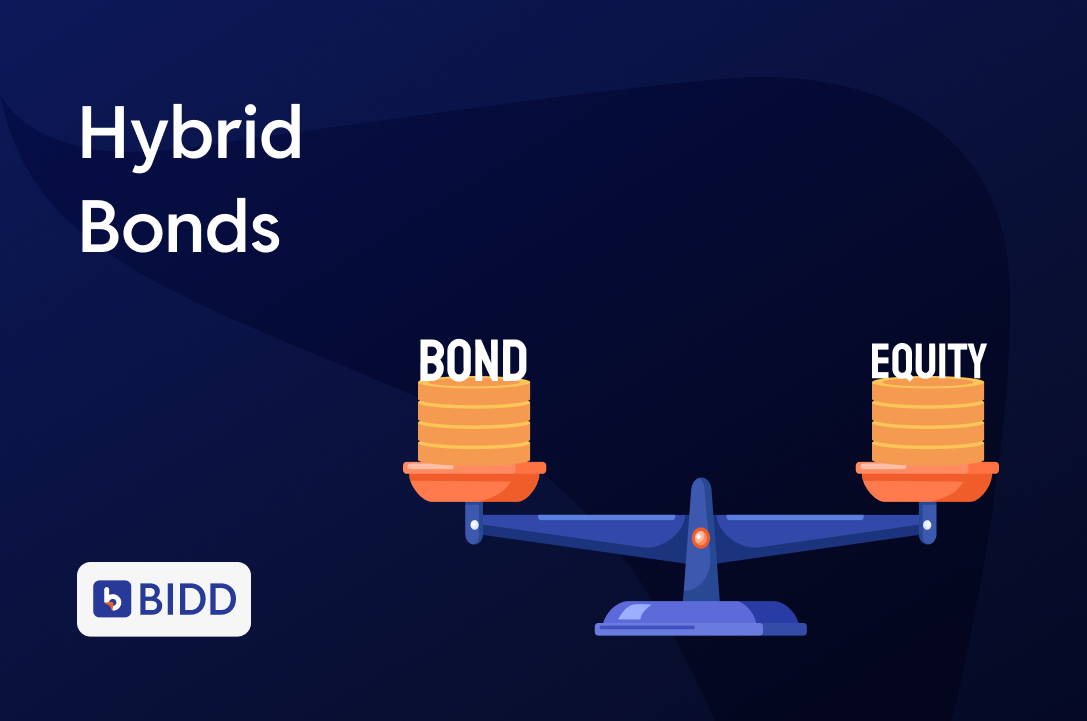How Interest Rates Can Change the Game for Bond Investors
Let’s Start with a Quick Question:
You’ve just bought a bond.
You’re earning 8% interest — it feels like a good deal.
But a few months later… interest rates rise.
New bonds are offering 9%, even 10%.
Suddenly, your 8% bond doesn’t seem so attractive.
So what now?
Let’s break it down.
What Happens When Interest Rates Rise?
It’s simple:
Bond prices fall.
Why? Because new bonds are offering better returns.
Think of it like this:
You hold a bond paying 8%, but the market now offers 10%.
Buyers would only be interested in your lower-yield bond if it’s available at a discount.
This is the basic logic of the bond market.
Bond Prices vs. Interest Rates: A Tug of War
| Interest Rates | Bond Prices |
| Go Up | Go Down |
| Go Down | Go Up |
This inverse relationship is known as interest rate risk — and it can directly impact your portfolio.
Who Feels the Pinch the Most?
Not all bonds react the same way to rising rates. Sensitivity depends on a few key factors:
1. Long-Term Bonds
The longer the maturity, the more the price drops when rates rise.
Why? Because you’re locked into a lower rate for a longer time.
2. Low Coupon Bonds
bonds with lower interest payments are hit harder.
Their returns appear much less attractive compared to newly issued, higher-yielding alternatives.
Real-Life Example
Bond A
- Maturity: 2 years
- Coupon: 9%
- Market Rate: 10%
- Impact: Minor price drop
Bond B
- Maturity: 10 years
- Coupon: 8%
- Market Rate: 10%
- Impact: Significant price drop
Why?
Bond B locks you into lower returns for a decade. If you need to sell, you may have to offer a substantial discount.
What Should You Do in a Rising Rate Environment?
✔ Stay Short-Term
Shorter maturities are less sensitive to rate changes.
You can reinvest sooner at higher rates.
✔ Consider Floating Rate Bonds
These adjust their coupon with market rates, helping your income rise with interest rates.
✔ Hold Till Maturity (If You Can)
If you’re not selling early, price drops won’t impact you.
You’ll still receive your full principal and interest.
✔ Diversify Your Bond Portfolio
Mixing durations, issuers, and types helps reduce overall risk and smooth returns.
Common Mistakes to Avoid
- Chasing high coupons blindly
That 12% might come with much higher credit risk. - Ignoring maturity
Longer duration = more rate sensitivity. - Overlooking liquidity needs
If you may need to sell early, rate movements matter a lot more.
Bonus Tip: Rate Cycles Don’t Last Forever
Yes, rates are rising now.
But at some point, they stabilize and then fall.
When that happens, existing higher-coupon bonds rise in value.
That’s when patient investors benefit.
Quick Recap: Bonds and Rising Rates
| Concept | Impact |
| Rising Rates | Bond prices fall |
| Longer Maturity | Greater sensitivity to rates |
| Floating Rate Bonds | More resilient in rate hikes |
| Holding Till Maturity | No impact (if not selling) |
Final Thoughts
Rising interest rates may shake the bond market —
but they don’t have to shake your confidence.
Stay informed. Stay strategic.
Focus on your goals, liquidity needs, and risk tolerance.
Before you buy a bond, ask:
- What happens if rates rise?
- Am I okay holding this till maturity?
- Do I need access to funds before then?
Because in fixed income investing, it’s not just about what you earn today —
It’s about how your bond behaves tomorrow.
Let rising interest rates be your signal — not your stress.




